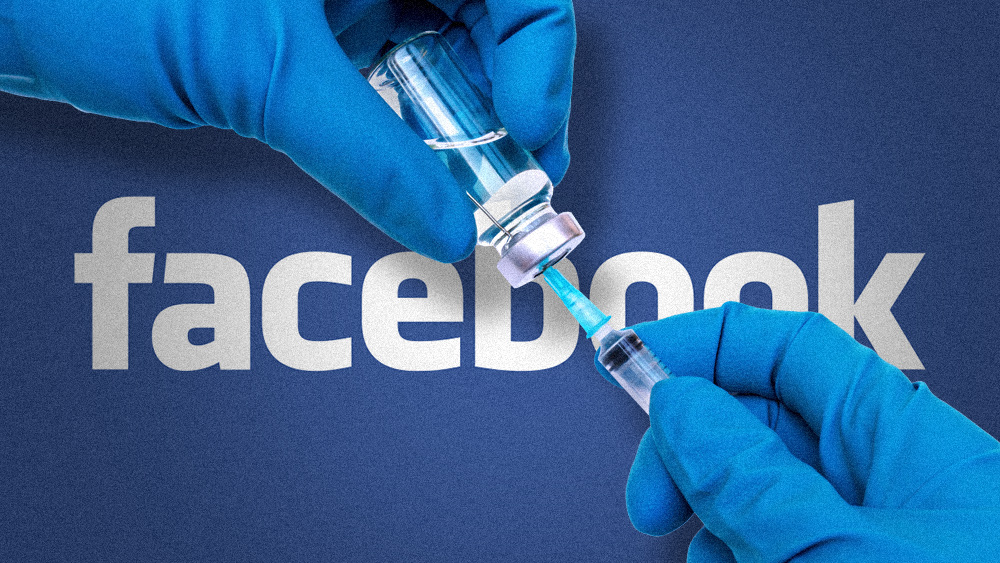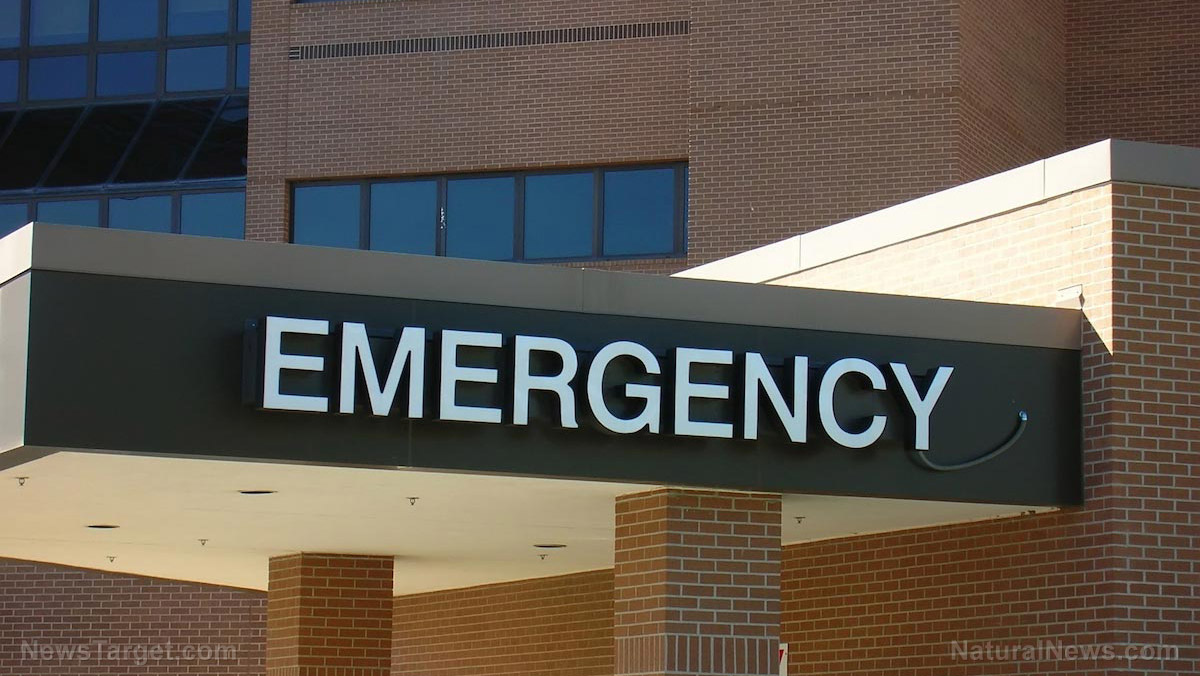Do antidepressants really work? Danish study says otherwise
05/29/2020 / By Divina Ramirez

It remains unclear whether antidepressants are an effective treatment for depression in adults, according to a recent review. Published in BMJ Open, it revealed that previous clinical trials and existing studies do not provide conclusive evidence that antidepressants can treat symptoms of depression better than alternative treatments.
Depression: Types, symptoms and causes
Depression is one of the most common mental disorders worldwide. More than 264 million people of all ages suffer from depression, according to recent reports from the World Health Organization (WHO).
Depression varies from person to person in terms of severity. Some forms of depression might cause mild, short-term symptoms, while others can cause severe, long-term symptoms that may even lead to suicide. Although it’s normal to experience bouts of sadness from time to time, healthcare professionals use the term “depression” to mean persistent periods of sadness and an overwhelming lack of interest in activities.
Depression can take different forms that are categorized based on the severity and persistence of symptoms, which may or may not improve over time. But the Diagnostic and Statistical Manual of Mental Disorders classifies depression into two main types: major depressive disorder or the depressive phase of bipolar disorder, another kind of mental disorder.
Major depressive disorder, also known as clinical depression, is what patients and healthcare professionals refer to as depression. Depending on the symptoms present, a depressive episode can be classified as mild, moderate or severe. These symptoms include the following:
- Sadness
- Feelings of emptiness
- Severe lack of self-esteem
- Lack of enthusiasm for hobbies, work and other activities
- Change in appetite
- Sudden weight loss or weight gain
- Insomnia
- Severe fatigue
- Frequent headaches
- Problems with concentration
- Poor decision-making
- Suicidal ideation
Experts and healthcare professionals alike still do not fully understand what causes depression. But most believe that depression is linked to several factors, such as genetics and environment.
For instance, a child raised by abusive parents may develop depression when he or she hits adolescence. People whose biological parents or siblings have depression may also be at risk of developing the disorder later in life.
Meanwhile, certain traumatic events, like the death of a loved one, the loss of a job or divorce may trigger severe, short-term symptoms of depression in some people. Persistent stress due to financial troubles or an illness that plagues a loved one can also trigger depression.
Since the boom of depression studies and awareness in the 1950s, physicians have developed different methods of treating depression or, at the very least, helping depressed people cope with its symptoms.
Today, the most common treatment for depression involves the use of prescription medications. However, the effectiveness of antidepressants is still up for debate. According to previous studies, antidepressants may not work as intended and can actually aggravate the symptoms of mental health conditions, including depression.
Another problem with antidepressants is that long-term use can make a person too dependent on them. As a result, that person will likely suffer from severe withdrawal symptoms once he or she is taken off the medication. (Related: CBD is proving to be an effective natural treatment for depression.)
Researchers raise doubts about the effects of antidepressants
In a recent study, a team of researchers from the Nordic Cochrane Centre in Copenhagen, Denmark said that the research on the effectiveness of antidepressants as a treatment for depression lacks conclusive evidence.
According to Asger Sand Paludan-Muller, one of the study authors, data from previous investigations on antidepressants are often of poor quality. Therefore, it is difficult to draw conclusions about the efficacy or effectiveness of these medications.
The researchers also found that past studies failed to show how antidepressants are more effective than placebo or alternative treatments. They observed a systemic distortion of results in about 79 percent of the studies they analyzed. In these studies, the positive effects of antidepressants were emphasized but the reported side effects had glaring inconsistencies.
The team also discovered repeated failures in double-blind experiments where the participants were able to tell whether a placebo or antidepressant was administered due to the presence of side effects. The researchers argued that such a set-up defeated the purpose of a double-blind experiment.
Based on their findings, the researchers concluded that there is not enough evidence to prove that antidepressants are the best and most effective treatment for depression.
Alternative therapies for depression exist, and they cause fewer side effects than modern antidepressants. To learn more about these natural treatments, visit BeatDepression.news.
Sources include:
Tagged Under: Antidepressants, beat depression, brain health, Clinical depression, depression symptoms, harmful medicine, major depressive disorder, mental disorder, mental health, Prescription drugs, research



















